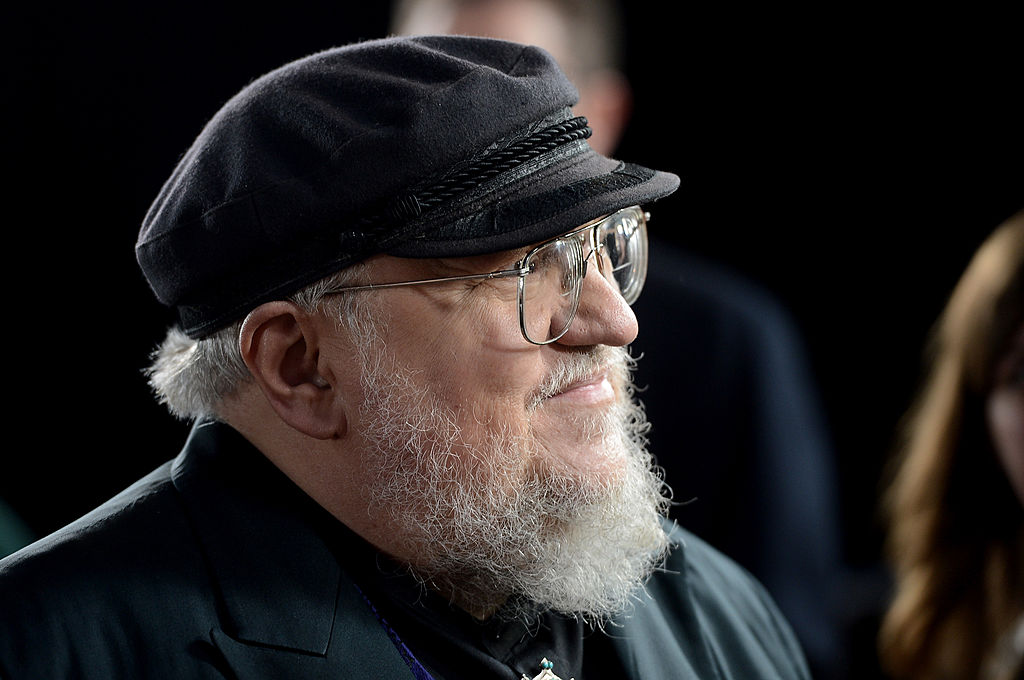 Photo by Kevin Winter/Getty Images
Photo by Kevin Winter/Getty Images
A group of acclaimed authors has taken on OpenAI, one of the leading organizations in artificial intelligence.
Reuters reports that George R.R. Martin, John Grisham, Jodi Picoult, and other literary giants have joined forces in a class-action lawsuit filed in a Manhattan federal court against OpenAI.
Their claim: OpenAI unlawfully trained its widely popular AI chatbot, ChatGPT, using their copyrighted works. This marks the latest in a series of legal skirmishes between creatives and AI developers.
Authors Guild Pushes Lawsuit
The Authors Guild, a professional association representing writers, orchestrated the lawsuit.
Their allegations are unequivocal, accusing OpenAI of "systematic theft on a mass scale" and asserting that the company copied the authors' intellectual property "without permission or consideration."
The claim that ChatGPT poses a severe threat to fiction writers' livelihoods is central to their argument.
The Authors Guild suggests that OpenAI had alternatives at its disposal, such as training their language models on public domain works or compensating authors for using their copyrighted content.
This lawsuit contends that authors should have the right to grant permission to use their works in AI training and, in turn, receive compensation for such usage.
Potential Impact on OpenAI
Forbes reports that the lawsuit is seeking unspecified actual damages, but it leaves the door open for statutory damages that could amount to a substantial sum - up to $150,000 for each infringed work.
This legal challenge could have significant financial implications for OpenAI, adding to the pressure on the organization.
The Argument for Fair Use
OpenAI and other AI defendants have consistently maintained that their use of training data scraped from the internet falls under the fair use provisions of U.S. copyright law.
This position is critical to their legal defense and could be pivotal in the outcome of this lawsuit.
It raises complex questions about the boundaries of fair use and the extent to which AI models can be trained on copyrighted content.
Specific Allegations
The lawsuit includes specific examples of alleged infringements, including ChatGPT generating an unauthorized outline for a prequel to George R.R. Martin's "A Game of Thrones."
This instance, among others, underscores the potential for AI-generated content to mimic established authors' works, potentially diluting their unique literary voices.
OpenAI's Response
OpenAI has responded to the lawsuit, stating that it respects authors' rights and actively engages in discussions with creators worldwide, including the Authors Guild.
This signals a willingness on OpenAI's part to address the concerns raised by authors and to find common ground in this contentious legal landscape.
This lawsuit against OpenAI is just one part of a larger trend of legal action by writers and artists against generative AI providers.
Stay posted here at Tech Times.
Related Article : OpenAI Invites Experts to Join New Red Teaming Network to Enhcance Safety of Its AI Models

ⓒ 2026 TECHTIMES.com All rights reserved. Do not reproduce without permission.




